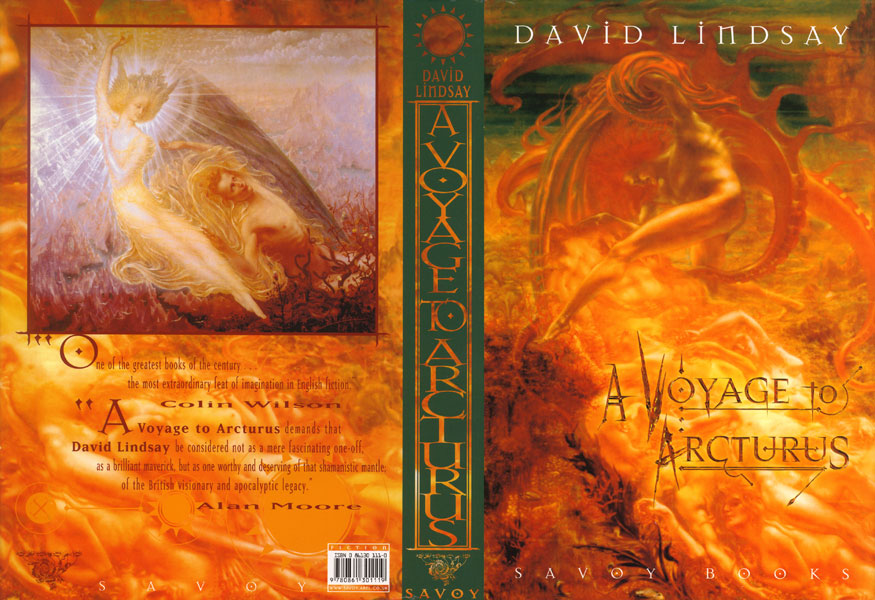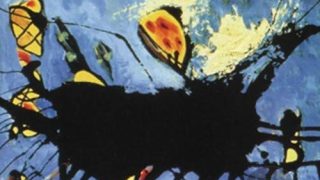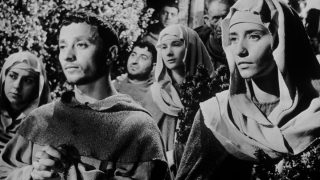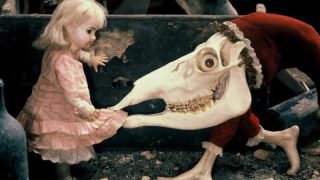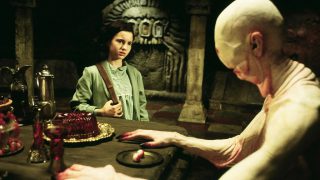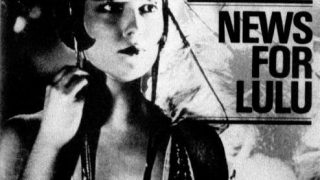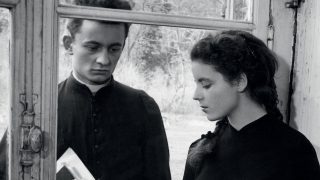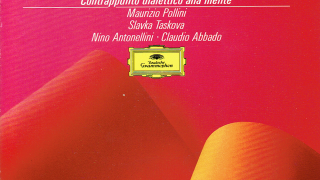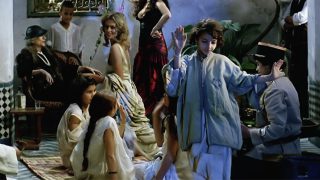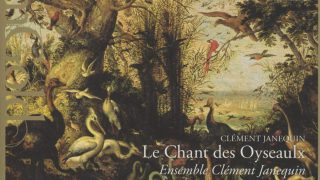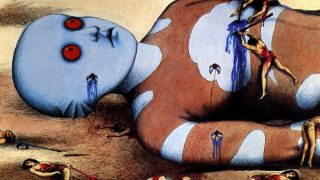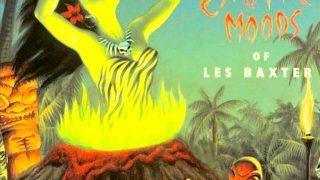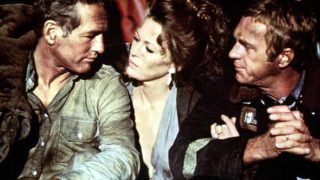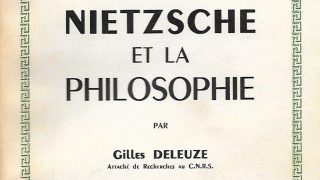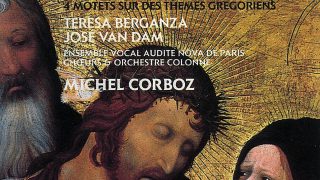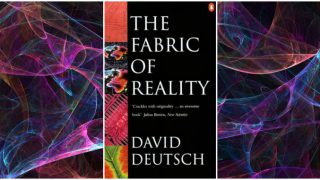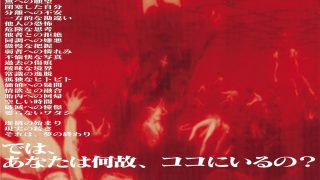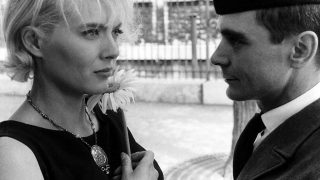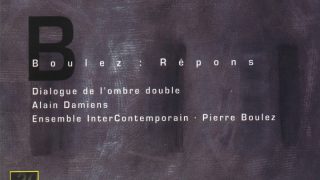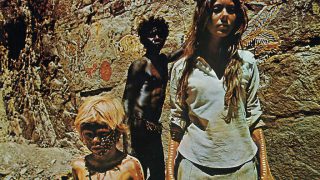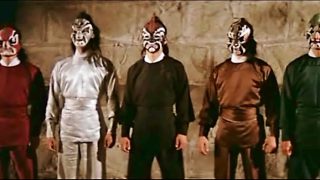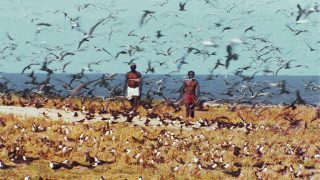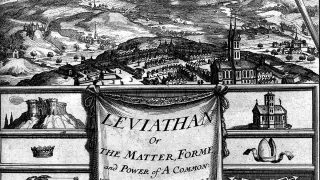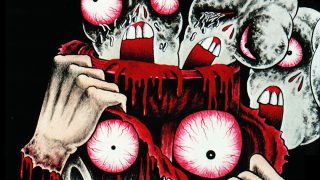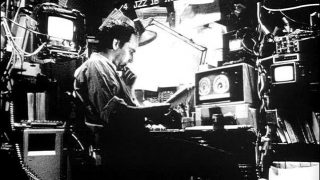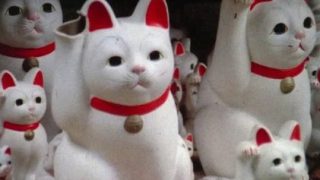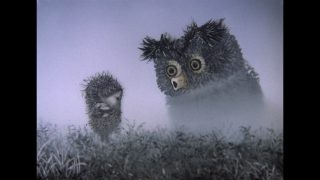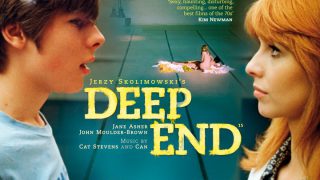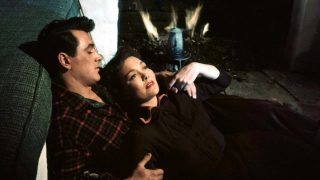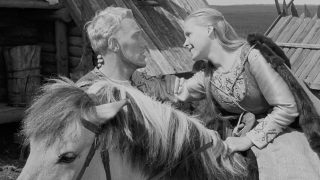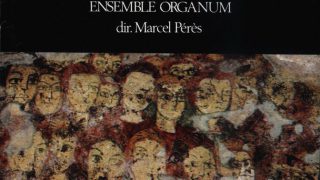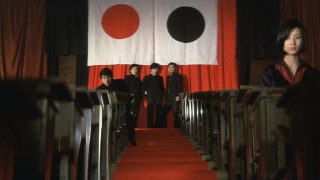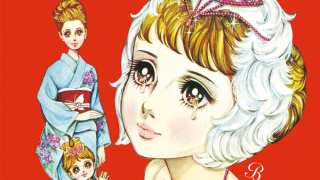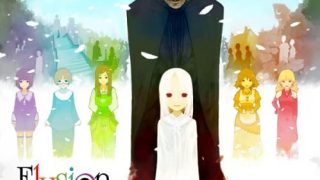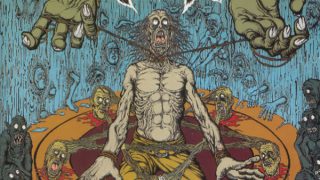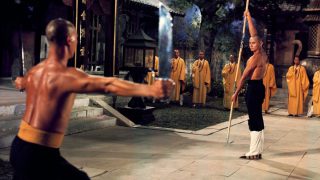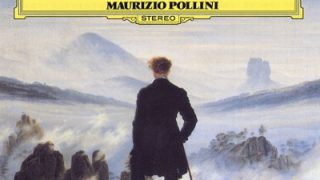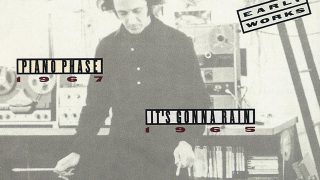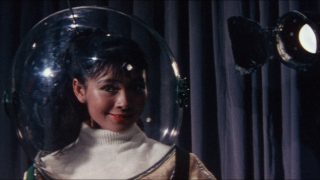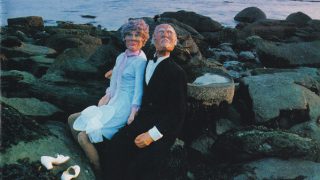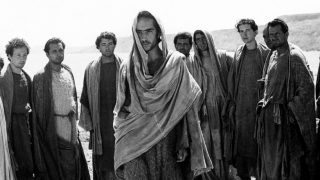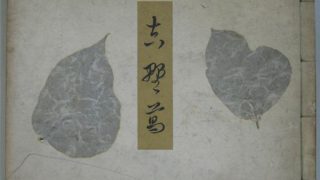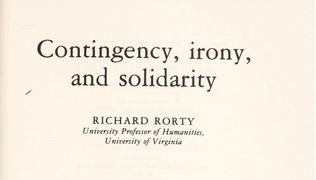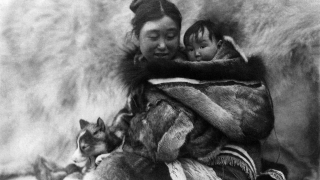Overview
“A Voyage to Arcturus” is a philosophical science fiction novel written by Scottish-English author David Lindsay. The first edition was published by English publishing house Methuen in 1920.
Set in Tormance, an imaginary planet orbiting the double star Arcturus (it is a single red giant in reality), it depicts a spiritual journey of a man named Maskull, who encounters various races living on the planet, and wonders about morality (good and evil), gender relationship, pain and pleasure, and the meaning of life.
Through the transformation of his body and mind, Maskull is led to the exploration of the true being beyond the material world as appearance.
About the Author
David Lindsay was born in London in 1876. After working as an insurance broker in London, he served in the British Army for two years during the First World War. He dedicated himself to his writing from 1918. He published his first work “A Voyage to Arcturus” in 1920, but the first edition sold fewer than six hundred copies, and he didn’t achieve success as a writer during his lifetime.
Plot Outline
Maskull and his friend Nightspore attend a séance held in Hampstead, London, where they meet Krag, an acquaintance of Nightspore. Krag invites them to go to Tormance (Crystalman’s country), a planet of Arcturus, following Surtur.
Maskull, Nightspore and Krag depart from Starkness Observatory on the northeast coast of Scotland for Arcturus, riding a torpedo of crystal.
Maskull awakens to find himself alone in a desert on Tormance. It is a strange world with two suns, five primary colors, heavy gravity, strong sunlight, mysterious phenomena of nature, bizarre animals and plants, humanoid aliens living in nature, and the third sex, which is neither man nor woman.
Maskull finds that he has new sensory organs on his forehead and each side of his neck, and a tentacle has budded from his heart.
Maskull meets a woman named Joiwind. He hears from her that the people in Tormance worship Crystalman as God (the Creator) and regard Krag as Devil.
Maskull starts his journey in search of a mysterious person called Surtur. Maskull passes through various regions (a desert, mountains, rivers, lakes, valleys, forests, plains, and the underground world) with different companions for each region.
In Tormance, the inhabitants have different body organs and principles for each region. Interaction with Tormancians transforms Maskull’s sensory organs and consciousness.
On his journey, Maskull commits murders and falls in love, being obsessed by various ideas, such as love, will, duty, and hatred of pleasure.
Maskull realizes that the real world (Crystalman’s world) is false and another true world called Muspel (Surtur’s world) exists.
Muspel is also like life after death. Maskull is called by Surtur over to Muspel, and Maskull discovers that he is destined to die.
In the end of his journey, Muspel achieves enlightenment, and witnesses the struggle for survival between the true world and the false one, like the fight between God and Devil.
Reception
Though this novel received little attention at the time it was published, it came to be widely read after English writer Colin Wilson praised it in the late 1960s and the 1970s.
In his introduction to his novel “The Mind Parasites” (1967), Wilson described “A Voyage to Arcturus” as “the greatest novel of the 20th century”.
British writer of Irish descent, C. S. Lewis said that he was extremely impressed by this novel. “The Space Trilogy” (1938–1945) and his other works show the influence of it.
English writer J. R. R. Tolkien, who is known as the author of “The Hobbit” (1937) and “The Lord of the Rings” (1954–1955), said that he read this novel “with avidity”.
English novelist, playwright and film director Clive Barker described this novel as “a masterpiece”, “an extraordinary work”, and “quite magnificent”.
Commentary
“A Voyage to Arcturus” is a unique novel that depicts a spiritual journey in search of the true being as an allegorical adventure tale set on another planet.
In the novel, the planet Tormance is set as a supernatural world in which concepts and mental representations are materialized as persons and natural phenomena.
It is a novel like a mixture of the elements of science fiction, fantasy, and philosophy. It can also be regarded as a kind of speculative fiction.
“A Voyage to Arcturus” was inspired by the fantasy novel “Lilith: A Romance” (1895) by Scottish author George MacDonald. In “The Strange Genius of David Lindsay” (1970), English writer E. H. Visiak says that Lindsay told him that the author who had most influenced him was George MacDonald.
The names “Muspel” and “Surtur” in the novel seem to be derived from “Muspelheim” (a realm of fire) and its guardian “Surtr” in Norse mythology.
The novel clearly shows an influence of Gnosticism. The relation between Crystalman and Muspel (Surtur’s world) in the novel reflects dualism of Gnosticism, i.e., the antagonism between the demiurge (as a false god who created the material world) and Pleroma (as the totality of divine powers or a region of light).
This novel also shows the influence of Eastern philosophy. In the end of the story, the protagonist Maskull reaches a state like “moksha” (liberation) of Hindu philosophy or “enlightenment” of Buddhist philosophy.
It is interesting to note that Maskull’s journey from pleasure to pain and death in the novel is similar to Arthur Schopenhauer’s ascetic negation of the “will to life”, which was advocated in “The World as Will and Representation” (1818), and the concept of “death drives” (Todestriebe) propounded by Sigmund Freud in “Beyond the Pleasure Principle” (1920).
The problem of the novel is that the personalities and motivations of the characters are obscure and it is hard for readers to understand or empathize with them because the characters in the novel are personifications of concepts or mental states.
However, “A Voyage to Arcturus” stands out in the literary history of the 20th century for its astonishing imagination to build a unique metaphysical worldview as a sprawling fiction.
